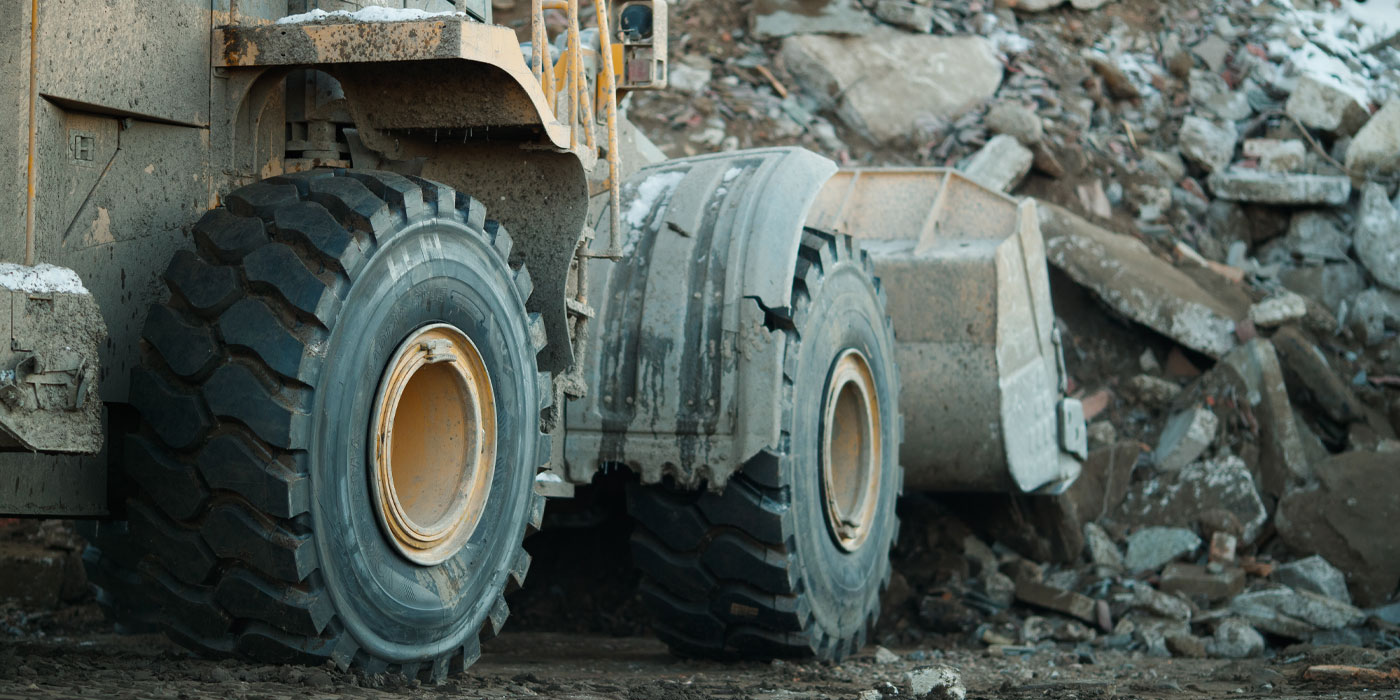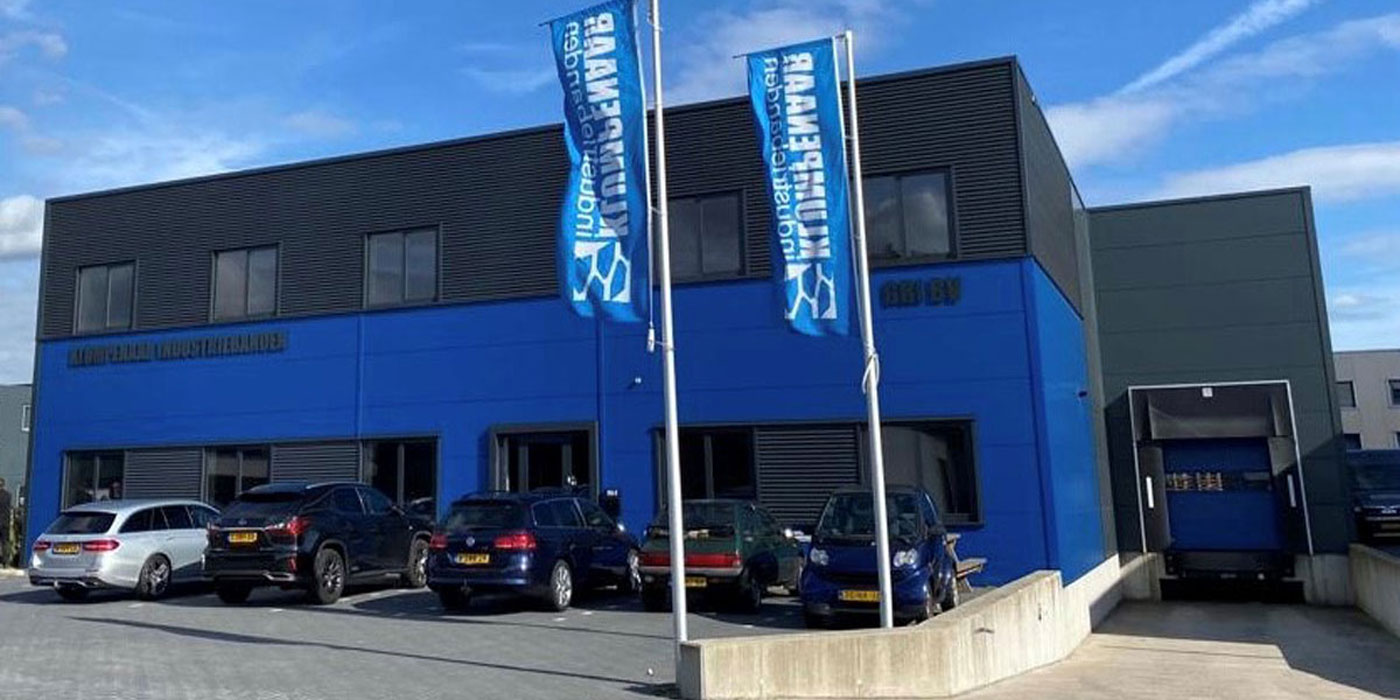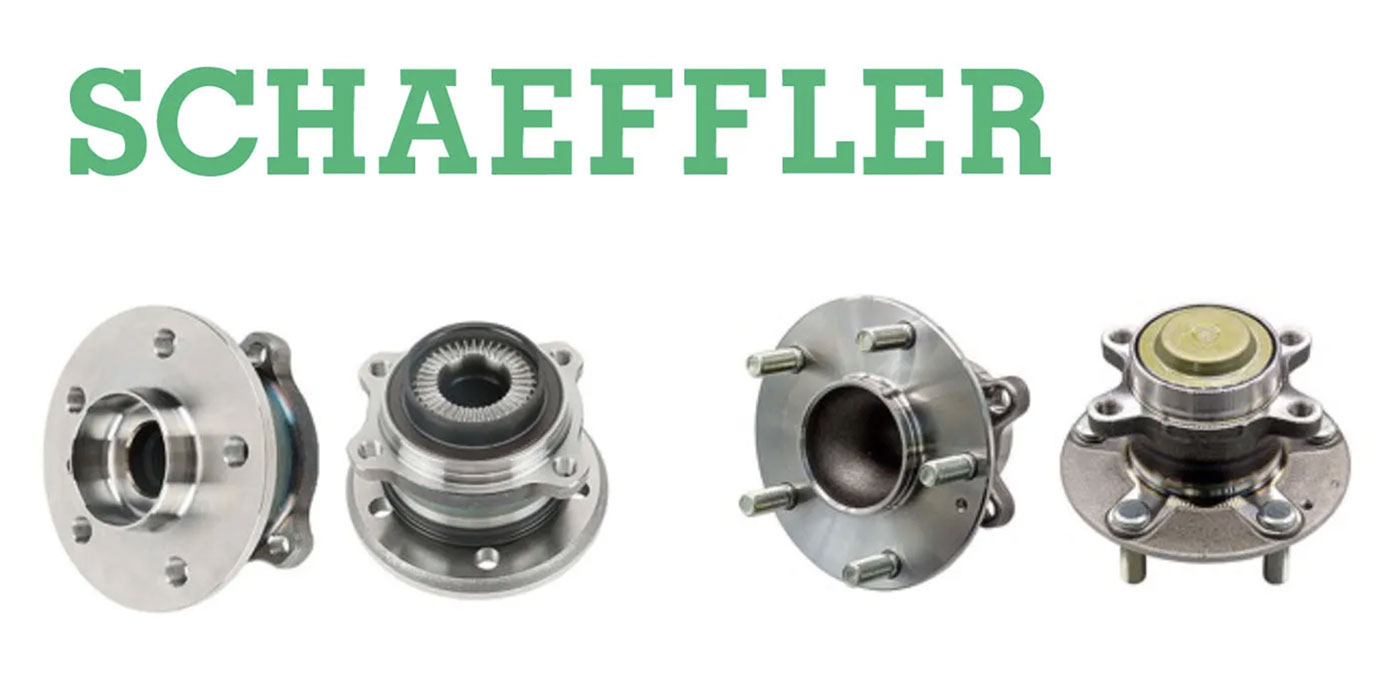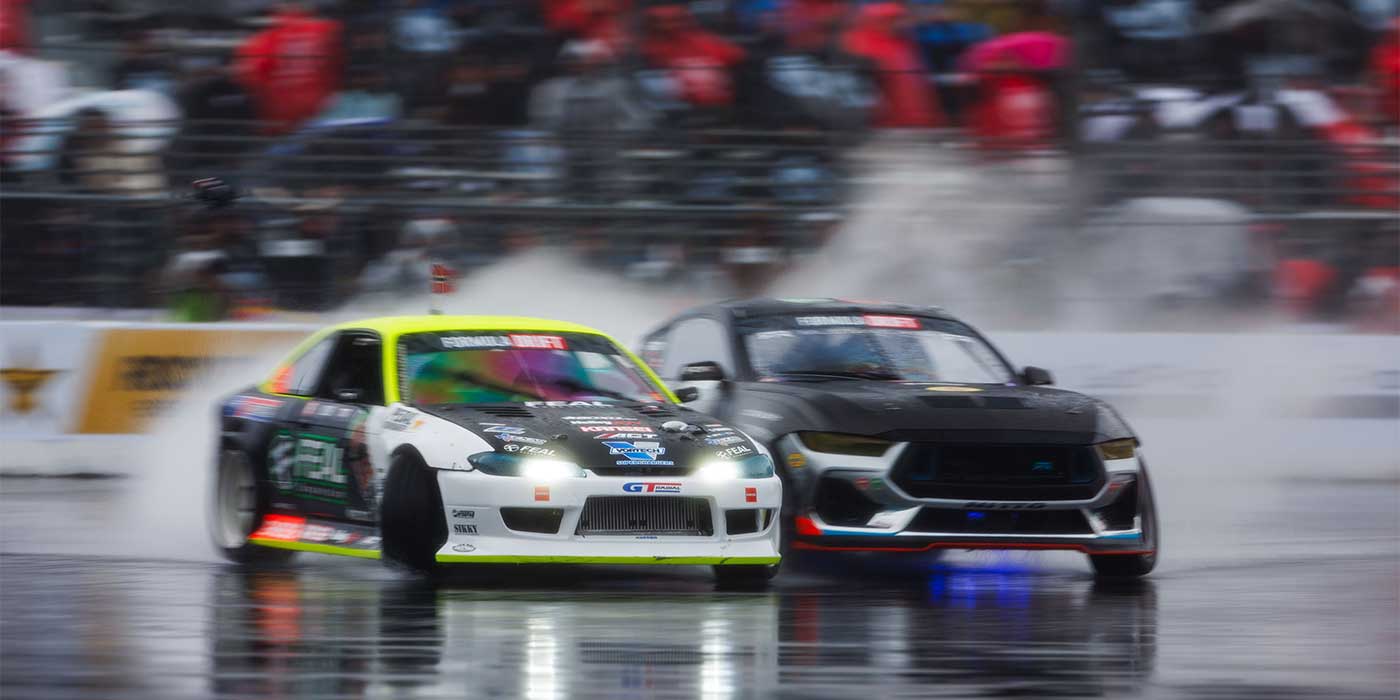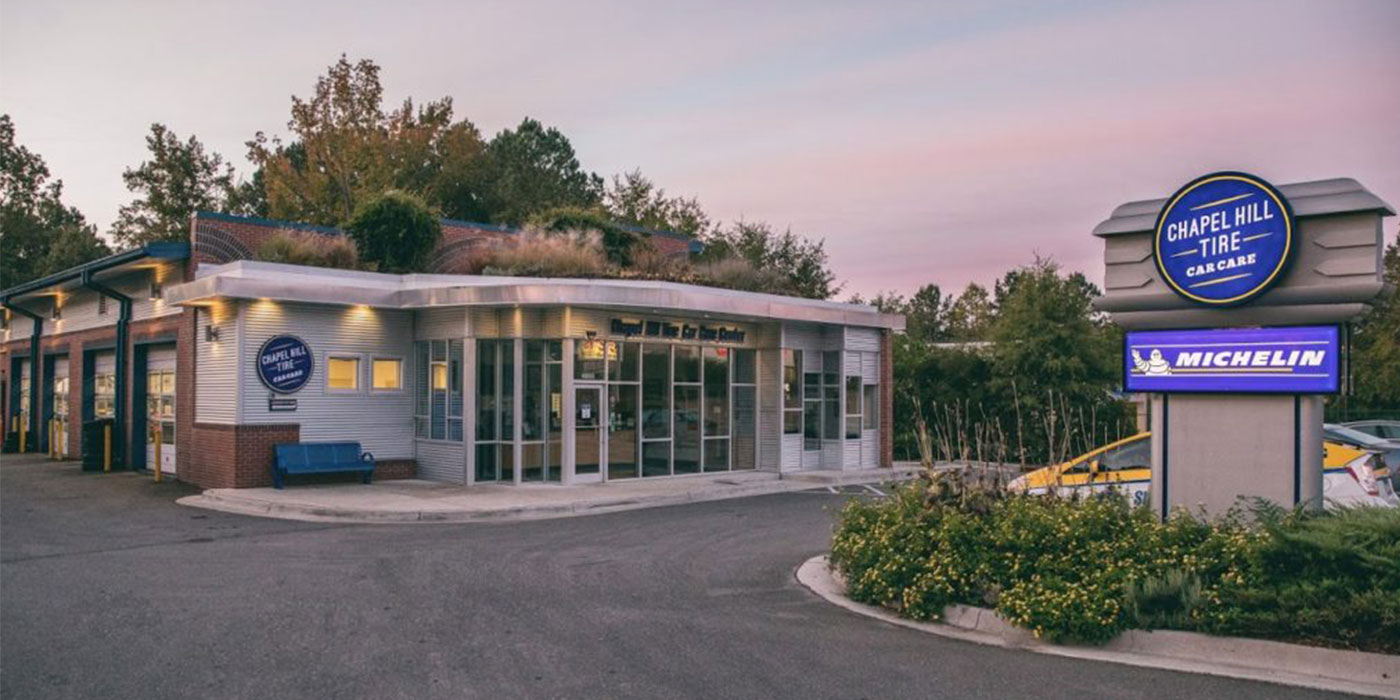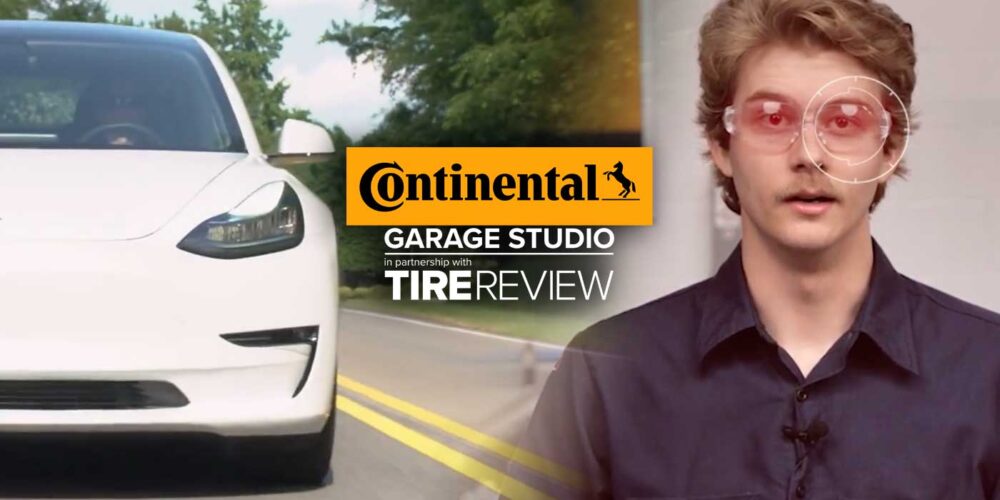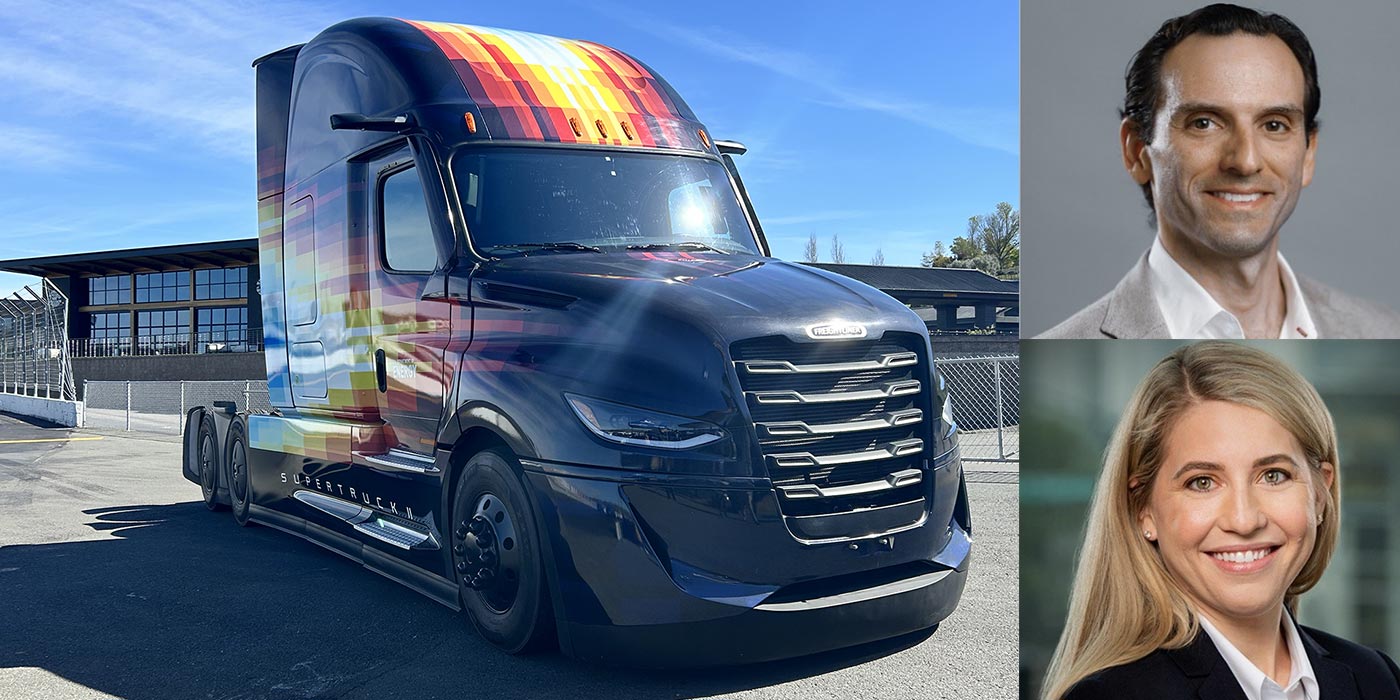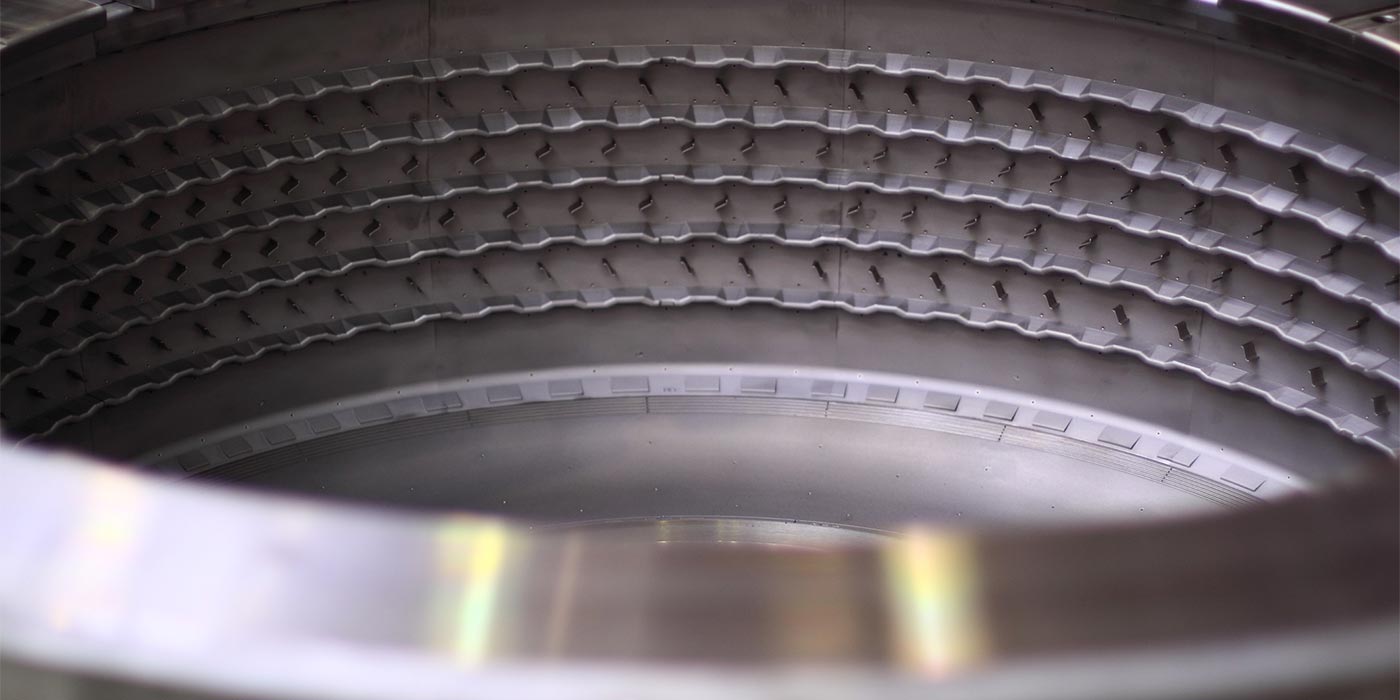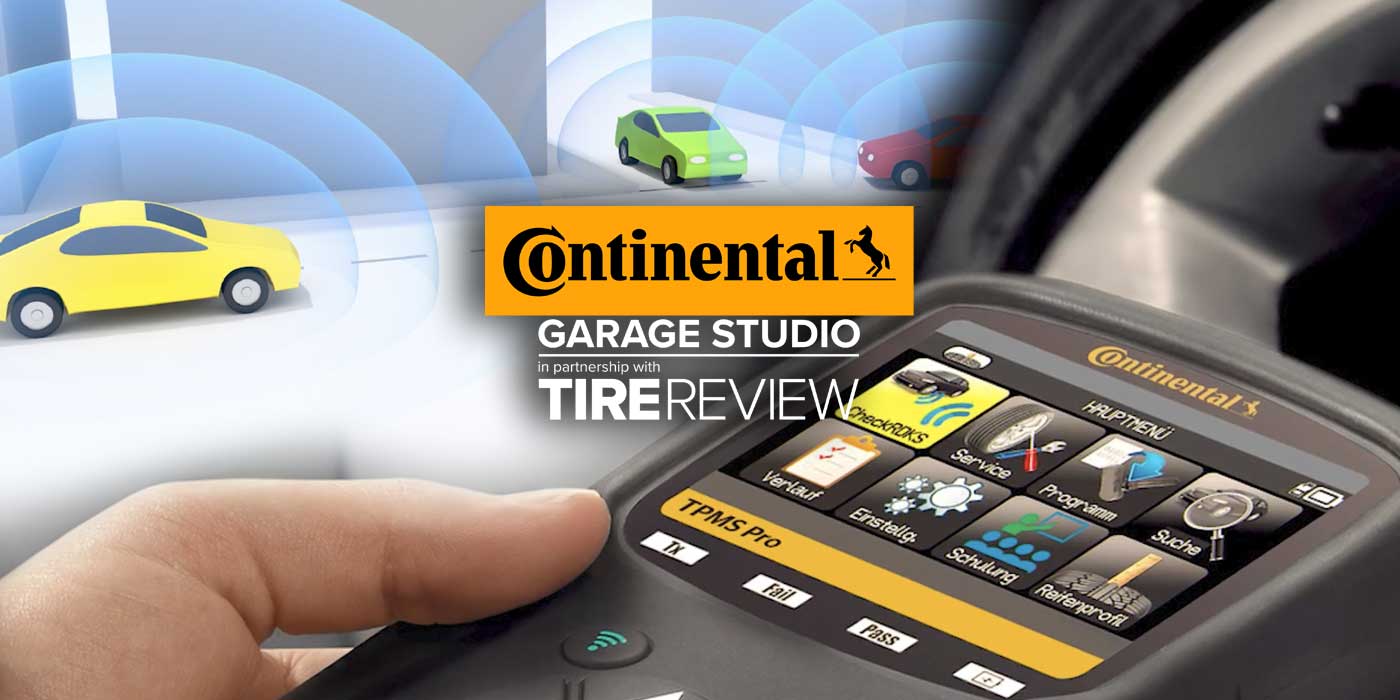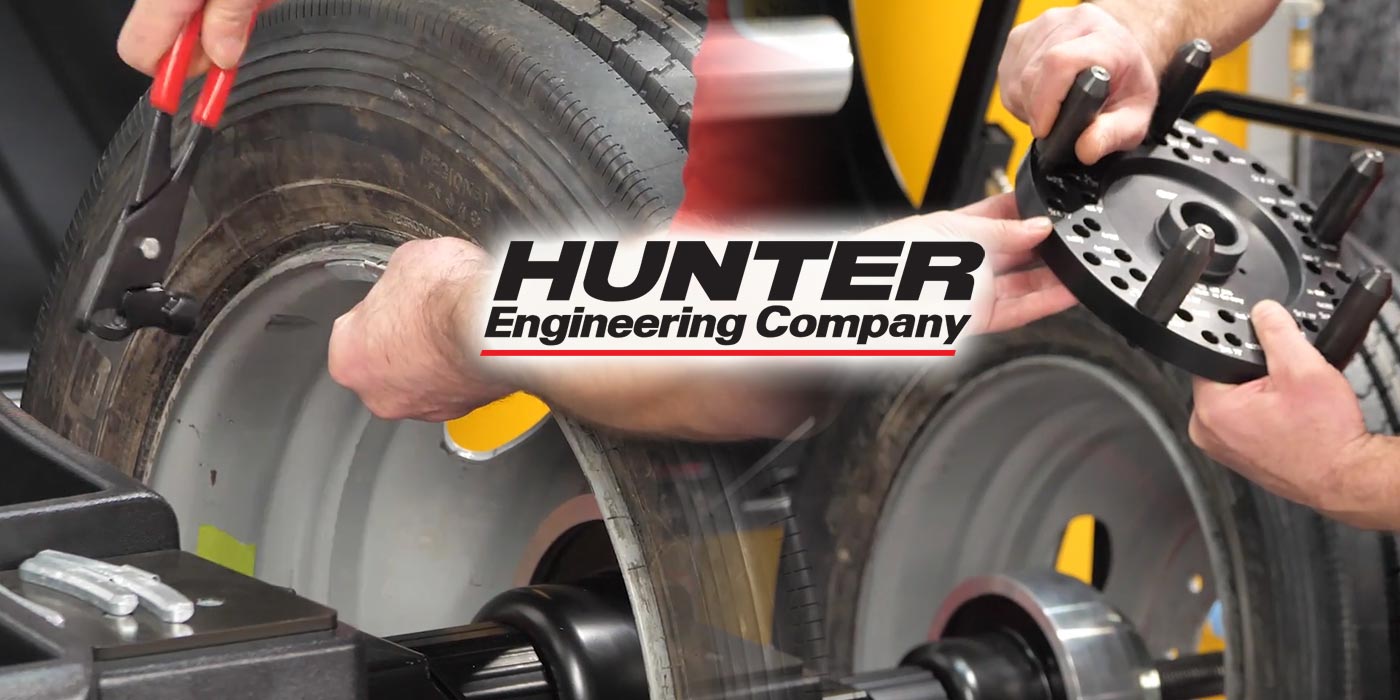Then in September Continental launched a new drive axle “super single” product (the HDL1 Superdrive) its second wide single launch of the year. Since then the pressures facing tyre manufacturers have barely lifted, with the exception of falling natural rubber prices. But is this enough for customers to avoid more price rises?
At a time when it seems like everyone is feeling the pinch of high oil prices, Continental’s decision to launch the HDL1 Superdrive – a long-distance steer axle super-single – demonstrates the company’s renewed focus on rolling resistance and therefore fuel economy. We are now in a time when “each and every company should be talking about rolling resistance and fuel economy,” Nikolin told T&A. And as a far as the executive board member is concerned, Conti is “ahead of the competition” on this. “Field testing will tell the truth,” he adds confidently.
Conti has been producing wide-based single tyres for years, but this year has seen the company launch two new products – the HDL1 long distance drive axle tyre most recently and the HTL1 19.5 inch trailer tyre, back in May. Compared with the standard twin configuration, Conti’s drive axle super-singles are said to provide a 10% rolling resistance improvement, which equates to a 3%-4% fuel efficiency increase.
And for regional and long-distance drivers 10% rolling resistance improvement works out as a 1 euro cent per kilometre improvement in motorway long distance applications. In addition, using Continental’s wide-base tyres can provide weight savings of between 100 and 150 kilograms.
Like all manufactures Continental describes sales of steer axle products as “rather difficult.” Right the best (and perhaps only) way to do this is to sell the technological advantages of the products regarding weight/payload and rolling resistance through the OE channel. Therefore sales of these are almost exclusively provided by OE contracts and are described as a “very small” part of the overall truck picture. So when is it going to change? According to Nikolin, the sales volume could be 10 times what it is today in the next decade, but it would be challenging to bring them into the “mainstream” within this timeframe.
Something else Continental will be doing shortly to help fleet operators maintain good tyre discipline is introducing a Sensor Transponder System. This battery-free technology, which will be further developed by Conti Automotive Systems’ most recent acquisition (Motorola Automotive) will be capable of taking tyre pressure measurements almost indefinitely. And what’s more this system uses the latest technology to send pressure data direct to the cab.
Natural rubber price lower, but price increases still needed
At the time of going to press, natural rubber prices had fallen over 35% from their peak of $2.80/kilogram in June 2005. With this in mind, T&A asked Nikolin if the raw material situation is any better for manufacturers than the last time we spoke. In short, the improved natural rubber situation does not rule out further price increases. Continental representatives report that the company’s sales have not been negatively affected by price increases so far.
Nikolin confirmed that Continental has indeed witnessed a dip in the natural rubber prices, adding that steel has also stabilised to some extent. However, the executive board member pointed out that this did not equate any kind of quick fix for the difficult raw material situation currently faced by tyre manufacturers all over the world.
With crude oil still hovering over $60 a barrel, synthetic rubber and other oil-linked materials remain at high levels. “This means that the overall situation is not really any better and we must balance our prices against the raw material costs. Nobody has really been successful with this…we still need to compensate,” Nikolin commented.
“At least we are pushing more,” he continued, adding that EBIT remains stable year-on-year. But there is still the need for further price increases: “There could be another price increase in the second half 2006.” If and when this happens it is likely to be in the range of 3%-5% or perhaps even more. No specific markets have been singled out for such a price hike.
Nikolin’s view are supported by Deutsche Bank analysts that point out that, while lower natural rubber prices are good news for tyre manufacturers, there is a four to six-month delay before this will impact their profit and loss accounts. “However, when this does happen, the effect will be significant; taking Michelin as an example, the current spot price will have a positive impact on EBIT of 220 million euros in 2007, compared to a negative impact of 500 million euros in 2006,” the analysts wrote in a recent report.
Progress in search for new Chinese plant
In addition to being responsible for all things truck at Continental AG, Nikolin also oversees the development of the company’s international operations. And in this respect the latest news is that Continental has narrowed the search for its first Chinese production facility to two possible locations, Tyres & Accessories learnt during the interview.
Both plots are greenfield sites and the selection is expected to come down to which area offers the best economic incentives. Continental AG board member Dr Hans-Joachim Nikolin told T&A the plant will follow the same model as the company’s recently opened, Camacari, Brazil, factory and will produce 4 to 6 million passenger car tyres and between 400,000 and 600,000 truck tyres using “standard” Continental technology.
Questioning the economic viability of exporting Chinese produced tyres (particularly truck tyres) to Western markets like Europe, Dr Nikolin explained that the new plant’s production capacity would be 100% for domestic use. Continental had earlier said that it is planning to spend 300 million euros on its Chinese project. The company is continuing its investments in Malaysia and Brazil, the executive board member added.
Market development
Continental currently enjoys a 17% share of the European truck tyre market and claims to be second only to Michelin in the OE market. Most sources put Conti at number four in the U.K. market behind Michelin, Bridgestone and Goodyear Dunlop. Europool’s 2005 figures show that the U.K. truck market was down 5.8% (1.135 million units) on 2004. This was on the back of 4.7% drop to 8.983 million units across Europe as a whole.
Nikolin doubts that overall European truck market sales will be any better in the second half of 2006 than they were in the second half of 2005. However the company is very positive about its own OE performance where Continental executives see the company as second only to Michelin. And, as far as Nikolin is concerned, the OE pull-through effect will only result in improved sales in the future.

